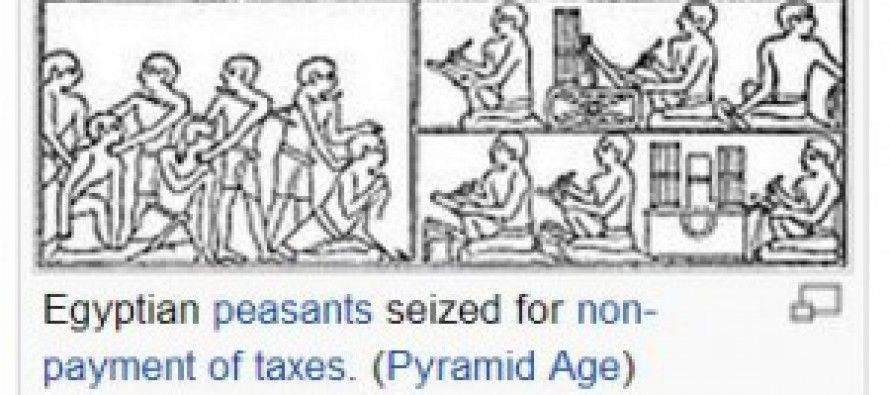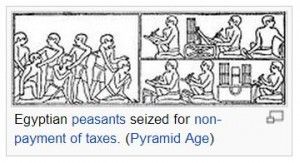Congress switches to dynamic scoring

 This should have happened the last time Republicans took over all of Congress, in 1995. The new GOP majority is switching budget calculations to “dynamic scoring.” The L.A. Times reported:
This should have happened the last time Republicans took over all of Congress, in 1995. The new GOP majority is switching budget calculations to “dynamic scoring.” The L.A. Times reported:
For years, leading GOP lawmakers have wanted to change the way that the nonpartisan congressional staff calculates — or, in Washington parlance, scores — the budgetary cost of changes to the tax code.
Budget scoring now is fairly straightforward: Just figure out how much more money a tax increase would produce for the Treasury or how much a tax cut would cost in lost revenue.
Republicans, however, want two key congressional offices to use complex models to try to predict the broader effect of hikes and cuts on the economy. The process is called dynamic scoring.
The reasoning behind this is obvious: When you tax more of something, you get less of it. Conversely, if you tax something less, you get more of it.
So if tax rates go up 10 percent, actual tax receipts won’t go up that much — maybe only 8 percent.
Sometimes a tax rate increase can be so high it reduces actual tax receipts. How can that be? Well, for example, if a tax rate rises to 100 percent, nobody would pay it. People or businesses would just stop working or producing.
It’s just like in your own life. Suppose you work 40 hours a week. If you double that, to 80 hours a week, will you get double the output? Maybe for a couple days, or even weeks. But not for long. And the reduction in output-per-hour will decrease faster the older you are.
The change in Congress also is important as a change in mentality. It’s a subtle shift that emphasizes increasing private production, instead of trying to squeeze as much as possible out of taxpayers.
And if the U.S. economy grows faster because of this, so will California’s economy.
I know some folks will disagree with me on this. OK. Explain how, if you increase taxes from 50 percent to 100 percent, revenues will double. (Instead of, as reality, dropping to zero.)
Related Articles
CA soon could have highest U.S. unemployment rate
Jan. 24, 2013 California’s unemployment rate stayed the same in December, at 9.8 percent, the third highest. But what’s curious
Tension builds in San Francisco over police conduct
Recent attention has focused on the Oakland Police Department scandal, in which evidence shows several officers took advantage of a young
Freedom Law School holds Rally in Ontario March 8-11
March 7, 2013 By John Seiler The Freedom Law School was founded by one of California’s boldest defenders of liberty, Peymon



